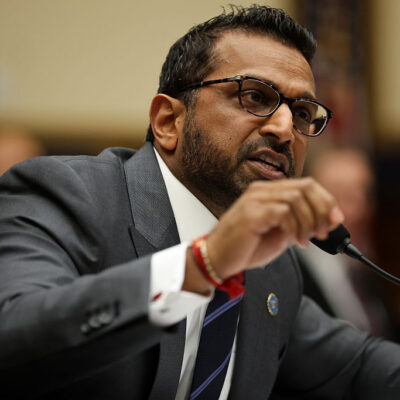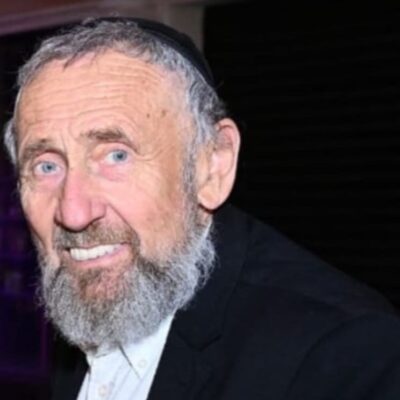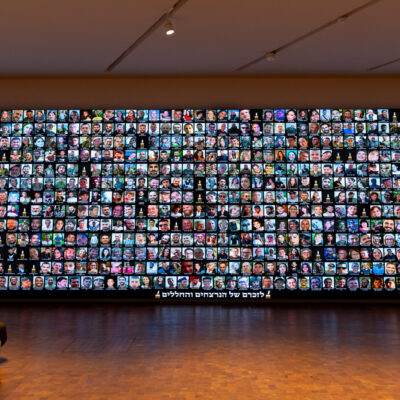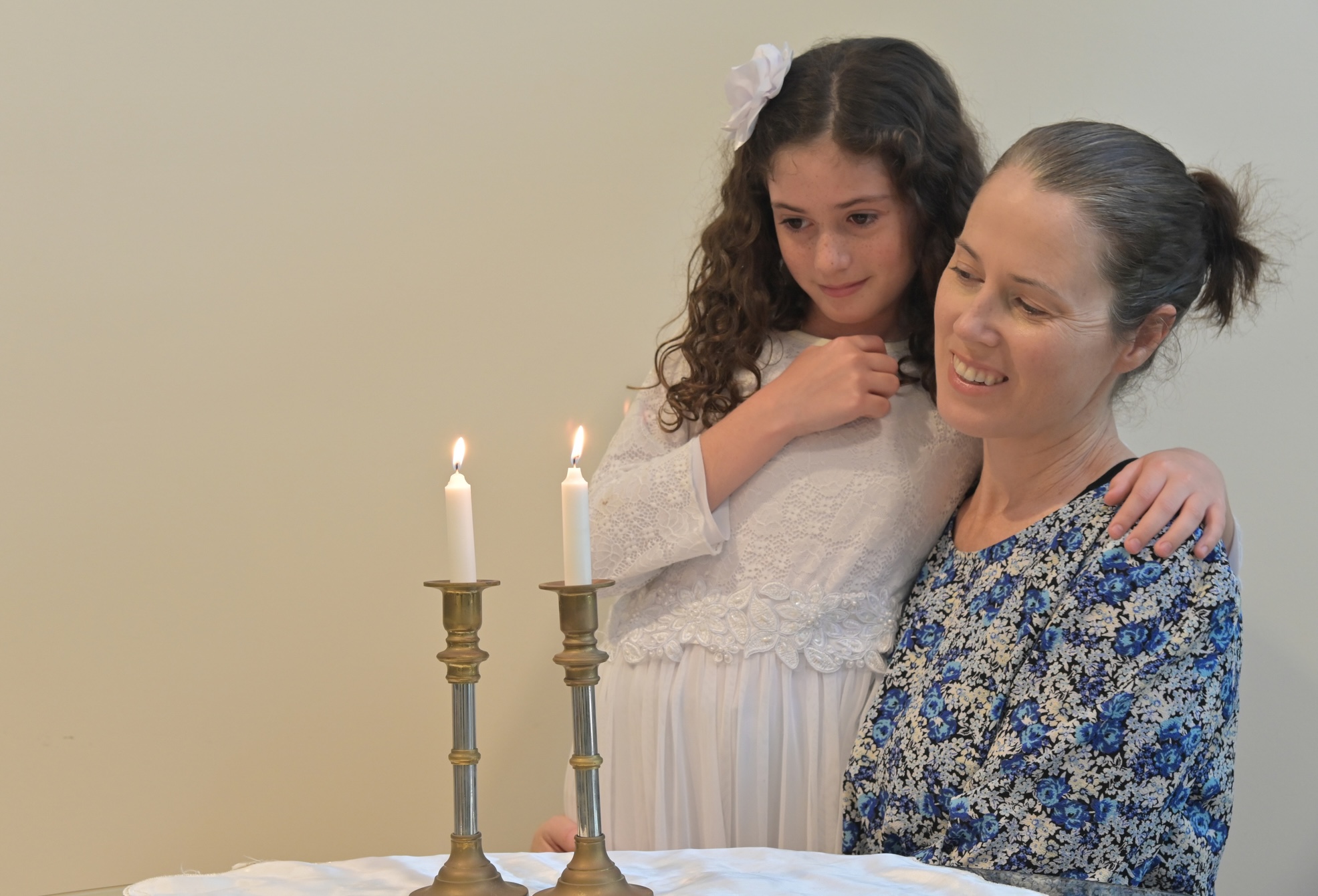Opinion
NAIL IT AND SCALE IT
We need to study our successes
The idea that no one is above the law is the hallmark of American democracy. It’s how we ensure that the game is not rigged. Pro-Hamas agitators have been trying to rig the game using certain aspects of our democracy, like freedom of speech and open meetings laws, to undermine other principles of our system, such as equal protection and enforcement of laws.
If we look closely enough, however, we will see we have the appropriate advocacy tools to protect not only the rights of the Jewish community but of our whole pluralistic society. Before we draw up an effective advocacy road map, first we must take the time and resources to evaluate the events of the past year. Let’s explore our successes — let’s nail it and scale it.
Illustrative. Los Angeles City Council meeting on Tuesday, July 2, 2024 at City Hall in Los Angeles, Calif. Myung J. Chung/Los Angeles Times via Getty Images
California, for instance, has been one of the epicenters of anti-Israel and antisemitic activity. The Council on American Islamic Relations (CAIR), which has been investigated for its ties to terrorism and condemned in several state legislatures, still holds legitimacy as a civil rights organization in California and effectively lobbies for its interests in Sacramento. The executive director of CAIR California, Hussam Ayloush, has publicly proclaimed that Israel does not have a right to defend itself, yet he sits on the executive board of the Democratic Party of California.
Since Oct. 7, CAIR has been instrumental in pushing for municipal cease-fire ordinances in California. It is not a coincidence that California has had the largest number of cease-fire resolutions introduced and passed through local government chambers. CAIR drafted its own “city council playbook” for advocates, mobilized speakers through its online presence and publicly put out calls for elected officials to take up cease-fire motions.
CAIR has also made no secret of its plan to use city councils to boycott, sanction and divest from Israel, Two California cities, Richmond and Hayward, passed measures to divest their city pension plans from companies “associated” with Israel. In the last year, more than 30 anti-Israel resolutions passed in local government bodies in California.
In cities like Irvine, Palo Alto, San Bruno, Berkeley, Chino Hills and Claremont, local grassroots advocates effectively made the case to city councilmembers that resolutions on the Israel-Hamas war were outside of the city’s purview. In Irvine, activists quoted the city’s own law prohibiting actions on non-municipal manners.
It would be easy enough to chalk up the disparity in outcomes to who happens to be sitting on various councils at a given moment or particular local politics in different parts of the state. Instead, we should be digging down into which strategies were used at each locality to resist anti-Israel measures.
In Stanton, Calif., for example, the Jewish community tried to “dilute” the resolution to make it more “balanced,” but CAIR still claimed a victory. In Daly City, the Jewish community negotiated with the proponents of a cease-fire resolution to remove draft language that called for the resolution to be sent from the city directly to the Ayatollah in Iran. The Jews were so offended by the idea of it being sent to the Ayatollah that they negotiated it out; but sending it to the head of Iran, a terrorist state, would potentially have been a violation of federal law against supporting a terrorist organization and might have been challenged in court as usurping the national foreign policy of the U.S. government. The Jewish community didn’t “win” by taking out the offensive language — they just eliminated a potential avenue of challenging the resolution. In short, activists should be strategically thinking about accepting “defeats” in particular jurisdictions where doing so might further a plan to win a larger contest of ideas.
Open-meeting laws in many states, like California, make city councils easy targets for those who wish to spread propaganda and hate. “Protesters” claim that speaking up at city council meetings is simply exercising their First Amendment rights, but what they are actually doing is using cracks in state civil rights laws, ambiguous local decorum codes, lack of judicial oversight of city attorneys and vague jurisdictional authority in local government bodies to undermine pluralism, destabilize communities and weaken equal protection under the law.
There will be an end to the war, but a cease-fire will not be the end to the use of municipalities to undermine American democracy. Anti-Israel agitators will be back in the local chambers. The last year has shown them they found an effective tool. If the Jewish community doesn’t take the time and money to study how to effectively counter the misuse of municipalities we are leaving our communities vulnerable to assault.
CAIR and its surrogates have co-opted anti-hate organizations. In Orange County, the County Board of Supervisors’ OC Human Relations Commission contracted with a nonprofit, Groundswell, to conduct anti-hate reporting and bias training. Groundswell then partnered with CAIR. Groundswell had CAIR facilitate the one and only listening session during Hate Prevention Week in November 2023. In April, 2024 Groundswell co-sponsored with CAIR a “listening session” for college students “impacted by the humanitarian crisis in Gaza,” while offering no similar session for college students affected by extreme antisemitism on campus. Employees of CAIR, publicly identifying themselves as such, lodged a smear campaign against a local beloved rabbi trying to unseat him from the OC Human Relations Commission where he has dutifully served for more than 15 years. When Groundswell’s contract was up for renewal in June 2024, the County Board of Supervisors voted 5-0 to end the $1. 5 million contract. The supervisors did not explicate their reasoning, but we do know that the governing charter of the OC Human Relations Commission prohibits work on international relations or any conflict outside of Orange County.
In Long Beach, Calif., the school district partnered with Californians for Justice, allegedly a “statewide youth-powered organization fighting for racial justice.” In reality, Californians for Justice was paying high school students with tax dollars to fuel anti-Israel and anti-Jewish propaganda, give speeches at school board meetings and organize protests. This nonprofit is not only biased in its approach towards Jews and Zionism, but it appears from a review of the Consulting Agreement that Californians for Justice had materially breached several of the terms and conditions of the agreement. As a recipient of government funding through its contract with LBUSD, Californian for Justice is required to follow all local, state and federal laws including anti-discrimination laws. Californians for Justice has been funded with almost $2,000,0000 of taxpayer dollars since 2019. When their $860,200 contract expires at the end June of 2024, it will not be renewed by the Long Beach School District.
The Jewish philanthropic community should be studying these cases to evaluate how to successfully terminate governmental contracts with anti-Israel and anti-Jewish nonprofits by supporting grassroots advocates to be the eyes and ears in the community and then using resources to enforce legal parameters that are already in place. It should be a priority of the Jewish community to pull funding from antisemitic organizations masquerading as “anti-hate” organizations. To do so, we need to study which organizations are actually fronts for propaganda and which governmental entities have contracted with these organizations. The first step is to review and evaluate the communities that have already effectively used the law to end such partnerships. Learning from these successes will allow us to scale such actions.
We must hold municipalities accountable to their proper jurisdiction roles; we must ensure that city and state civil rights rules on discrimination and decorum are followed in local government chambers; and we must refuse to empower “anti-hate” nonprofits that are really fronts for CAIR or their affiliates.
It is not a secret that the Jewish community was caught off guard by the level of antisemitism that has risen to the surface of our society. Utilizing tools of democracy – law, strategic civic engagement and grassroots advocacy — Jewish communities have worked and continue to work to ensure that America’s democratic principles and the rule of law prevail. It is time to take stock of our successes, evaluate the factors that led to wins and create a deliberate advocacy road map for the challenges that lie ahead.
Julie Marzouk is an attorney, author and founder of Evolve Advocacy Consulting.

 Add EJP on Google
Add EJP on Google










